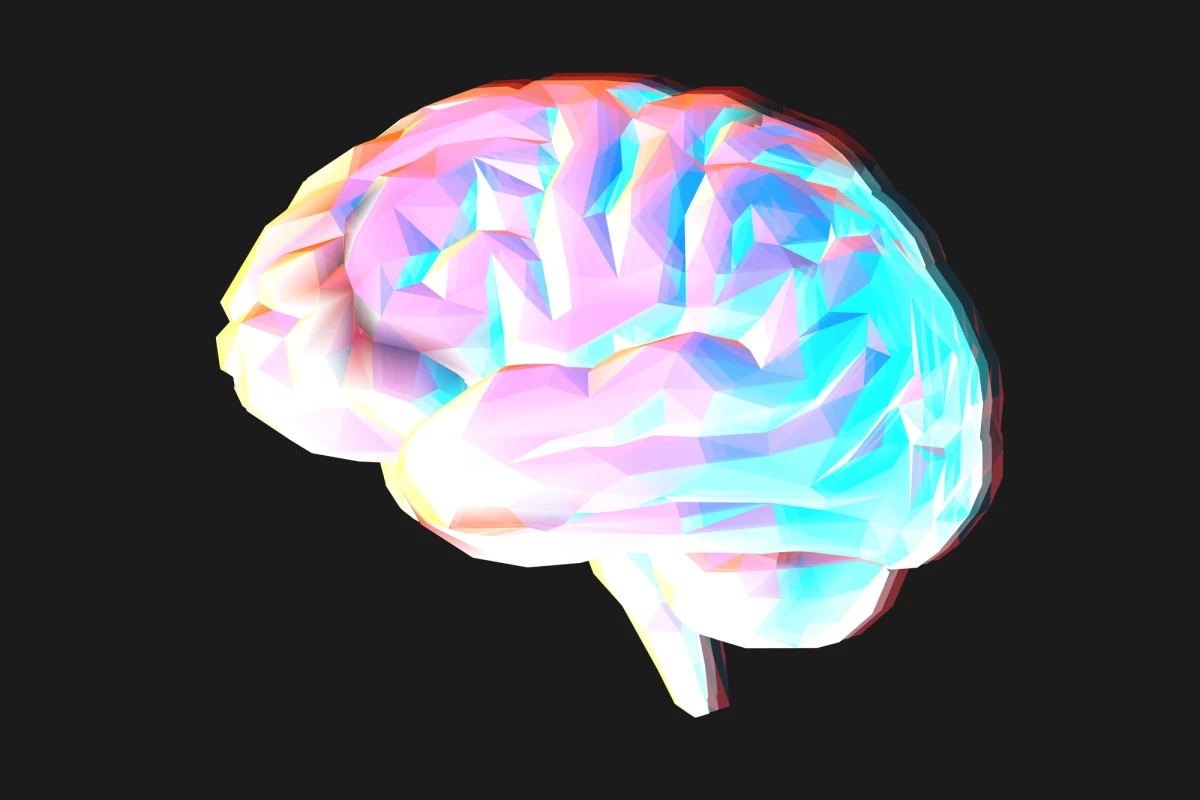Ultrasound has a long history as a trusted imaging technology that can reveal what's going on on the human body, but recently we're seeing how it might be adapted to actually influence the body's behavior. A fascinating new study explores how ultrasound could be used to tackle psychiatric disorders, by modulating the way the brains of monkeys connect rewards with specific events or choices.
When it comes to ultrasound and brain health, scientists are starting to make significant inroads in a number of interesting areas. In 2016, for example, researchers used ultrasound to stimulate neurons and essentially "jump-start" the brain of a young coma patient. We've also seen how it might be able to prize open the blood brain barrier and help deliver drugs that take out toxic plaques associated with Alzheimer's, or activate the brain's waste disposal system that flushes out harmful chemicals.
Led by researchers at the University of Plymouth, the latest development in this area focuses on a common characteristic of a range of psychiatric disorders known as "credit assignment." This refers to the way the brain incorrectly ties certain outcomes to certain events, such as receiving a good score on an exam and crediting it with the socks worn on the day instead of the late nights spent studying. This is the type of brain function that might drive a drug addict to continue using, despite the broader detrimental effects, or contribute to obsessive compulsive disorder (OCD).
The authors were able to shed new light on the credit assignment problem by analyzing the brains of monkeys with magnetic resonance imaging. This revealed activity in the lateral prefrontal brain region during credit assignment tasks. The scientists then used low-intensity transcranial ultrasound stimulation to target this area, which caused the monkeys to become more exploratory in their decision-making.
That is, the credit assignment signaling was disrupted and the monkeys' decision-making was no longer influenced by the value of different choices and perceived outcomes. The scientists also targeted an adjacent part of the prefrontal cortex and found that it had no bearing on this process, demonstrating that brain modulation may be isolated to areas that mediate specific cognitive tasks.
“The brain is like a mosaic – there are multiple parts doing different things," says first author of the study, Dr Elsa Fouragnan. "Each part may be linked to a certain behavior. The challenge is first to know whether this behavior is causally linked to a certain brain region. Only brain stimulation allows you to answer this question. The second challenge is that if you disrupt or modulate one part, then it can affect several others, so we need to understand how brain areas work together, and how they affect each other if one is stimulated or disrupted."
The study builds on another published by Fouragnan and her colleagues in 2019, in which low-intensity ultrasound was used to alter decision-making in monkeys, focusing on what's known as counterfactual thinking where we evaluate scenarios alternative to our current experience. The team was able to use ultrasound to disrupt neuronal activity in the brain region responsible for counterfactual thinking, which is also linked to psychiatric disorders, leading the monkeys to make different decisions.
It is still early days for this approach, but by continuing to uncover ways ultrasound can be used to target specific parts of the brain for different outcomes, the scientists hope to one day offer new treatments for psychiatric conditions.
“The really interesting finding in this study is not only discovering where certain decision making activities take place, but also how neuromodulation can change these and associated behaviors," says Fouragnan. "We hope that this can pave the way to new studies in humans, particularly in patients experiencing mental health issues.”
The research was published in the journal Science Advances.
Source: University of Plymouth




